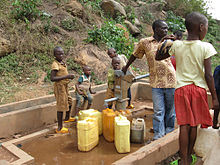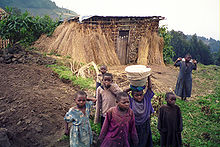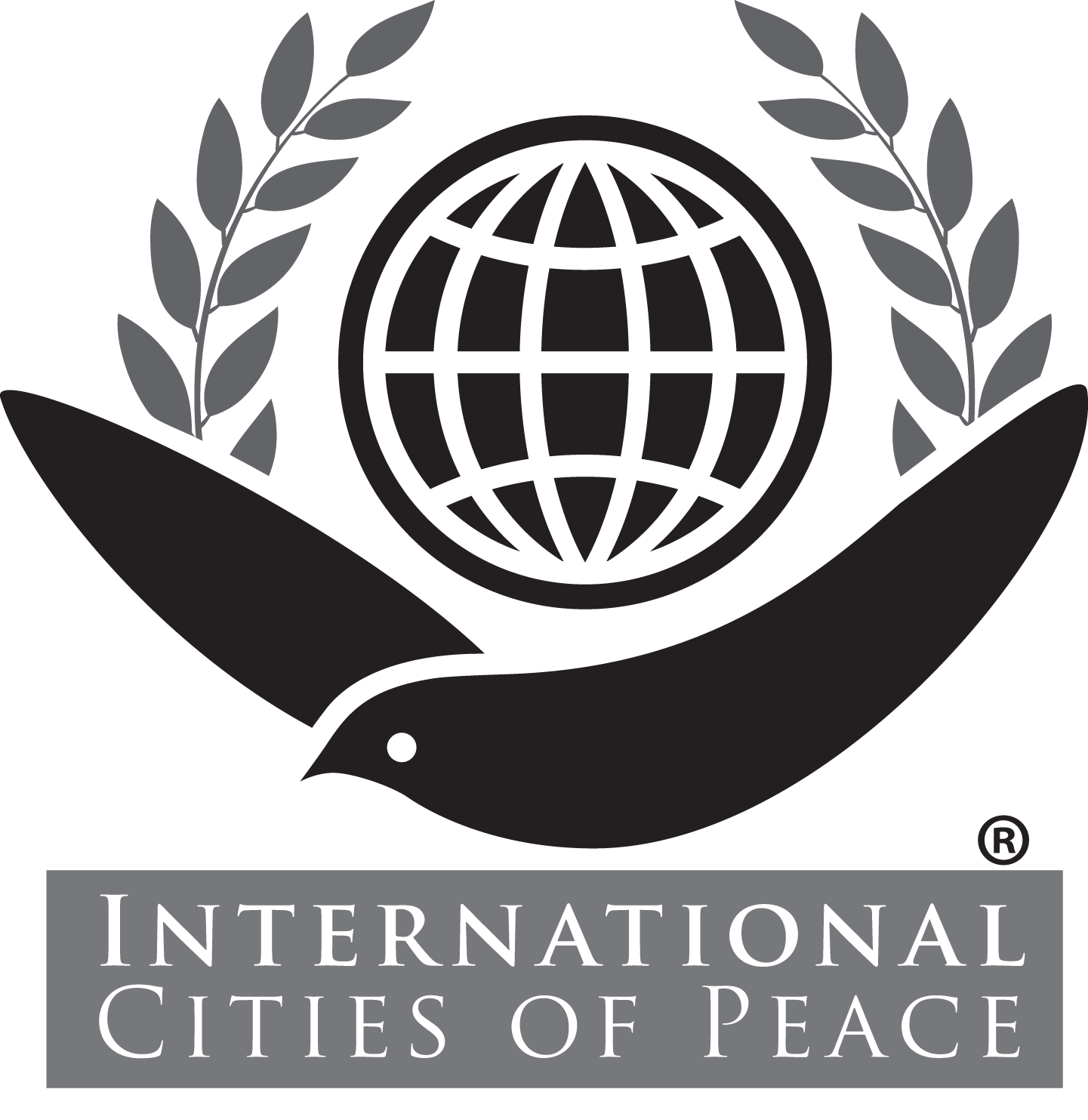Kibuye, Rwanda: City of Peace
Welcome Mwambari Damien and his colleagues at the Centre d’Information et Mobilisation Sociale (CIMS) who have created an International Cities of Peace organization in Kibuye, Rwanda.
Note: Introduction page with information primarily at the time of joining International Cities of Peace. For updates, please contact the liaison.
CIMS as social peace and justice initiative has been active in conducting research and campaigns into the land reform and raising awareness about the new land law, in order to reduce the potential for disputes over land. We are therefore interested in continuing our support for the people in conjunction with the City of peace in our area.

VISION/MISSION
Centre d’Information et Mobilisation Sociale (CIMS) regarding the undersigned as independent citizens of Rwanda, hereby acknowledge our intention to help build a City of Peace. We will conduct a public information and awareness campaign in the City of peace areas on land rights and mechanisms that support peaceful reconciliation of land-related disputes.
GOAL/PURPOSE
The purpose of City of Peace is to support and strengthen Churches and civil Society resolution of land disputes. This effort is particularly appropriate right now because the Government of Rwanda (GoR) is in process for organic law implementation process for formalizing land rights, with the goal of eventually formalizing land rights nation-wide.
The City of Peace is being implemented in areas with four main activities:• Assessing land disputes and existing resolution processes in the City of Peace areas,
• Developing/refining land-related dispute resolution processes,
• Building churches and civil society capacity for land dispute resolutionStrategies: Media, training, library, research, campaign, dialogue, concuss, and advocacy
Helping build a City of Peace in Kibuye could contribute to CIMS work in several ways. First, through collaboration with CIMS staff and volunteers during fieldwork, the research could represent an opportunity for shared learning in terms of research methodologies. Second, CIMS would like to invite you to share some of the preliminary results of your activities, programs, and strategies through seminars with CIMS members and other interested people. Third, through discussions with CIMS members, your mission, vision, goals might play a role in the development of the CIMS research agenda and its ongoing search for donor funding.
LATEST PROJECT GOAL
To reduce the impact of conflict and disputes between Government of Rwanda and community related for land rights and land use over victims.SPECIFIC OBJECTIVES
• To decrease the homeless of landless people for the village of City of Peace for building of 150 houses,
• To enhance to foster the City of peace training center building for to stop all resources of conflict,
• To improve City of peace Child care assistance for Children of landless people; strengthen their future life for peace,
• To improve the campaign, training, conferences, award for research for peace related of land conflict in area where the city of peace is operational.
About Mwambari Damien:
MWAMBARI Damien is peace Builder, project manager in the field of
rural development, with a focus on the protection of human rights in
relation to land rights, land use and land issues. Damien with
specialist skills include holding meetings within the parameters of
the rural community and interviewing stakeholders on land
consolidation, land management, land use and management of conflicting
land disputes and promoting peace.
After working in several major non-governmental organizations as an
organization Humanitarian CFS children (U), Doctors Without Borders
(MSF), the American Refugee Committee (ARC) Hosting and motivating
delegations of Young Americans through an organization of human Rights
based in New York (GYC) who arrive annually in Rwanda namely the human
rights situation several years.
Damien has worked with other local and internationals NGOs and
churches in Rwanda, Kenya and Tanzania, He became founder organization
called Information Center and social Mobilization (CIMS- IFDH) today
recognized as Institute of Land and Human Right more than 12 years in
Rwanda.
His technical capacity
Its technical capacity, Damien is known for the semi-structured
interviews conducted in issues of land ownership, land, conflict,
agricultural research, and land rights of the minority vulnerable
groups marginalized Rwanda, analysis and advice on issues of human
rights in Rwanda, identification of case studies for research, based
on its own initiative and network contacts, presentation of research
findings at a national conference on land and agricultural reform.
For more information, contact:
Mwambari Damien <damien.damien.m@gmail.com>
About Kibuye, Rwanda (from Wikipedia):
Kibuye is a city in Karongi district, and the capital of Western Province in Rwanda. The city lies on the eastern shore of Lake Kivu, about halfway down, and between Gisenyi and Cyangugu. It is known as a beach resort and is home to a genocide memorial marking the massacre of 90% of the town’s Tutsi population in the Rwandan Civil War. The Ndaba Falls lie near the city.
Rwanda (play /ruːˈɑːndə/ or play /ruːˈændə/), officially the Republic of Rwanda (Kinyarwanda: Repubulika y’u Rwanda; French: République du Rwanda), is a sovereign state in central and east Africa. Located a few degrees south of the Equator, Rwanda is bordered by Uganda, Tanzania, Burundi, and the Democratic Republic of the Congo. All of Rwanda is at high elevation, with a geography dominated by mountains in the west, savanna in the east, and numerous lakes throughout the country. The climate is temperate to subtropical, with two rainy seasons and two dry seasons every year.
The population is young and predominantly rural, with a density among the highest in Africa. Rwandans form three groups: the Hutu, Tutsi, and Twa. The Twa are a forest-dwelling pygmy people who descend from Rwanda’s earliest inhabitants, but scholars disagree on the origins of and differences between the Hutu and Tutsi; some believe that they are derived from former social castes, while others view them as being races or tribes. Christianity is the largest religion in the country, and the principal language is Kinyarwanda, which is spoken by most Rwandans. Rwanda has a presidential system of government. The president is Paul Kagame of the Rwandan Patriotic Front (RPF), who took office in 2000. Rwanda has low corruption compared with neighbouring countries, but human rights organisations allege suppression of opposition groups, intimidation, and restrictions on freedom of speech. The country has been governed by a strict administrative hierarchy since precolonial times; there are five provinces, which are delineated by borders drawn in 2006.
DO YOU THINK YOUR COMMUNITY CAN BE A CITY OF PEACE? SEND AN EMAIL!
Note: If information or photos used here are copyrighted, please contact us and we will immediately delete the copyrighted material.

